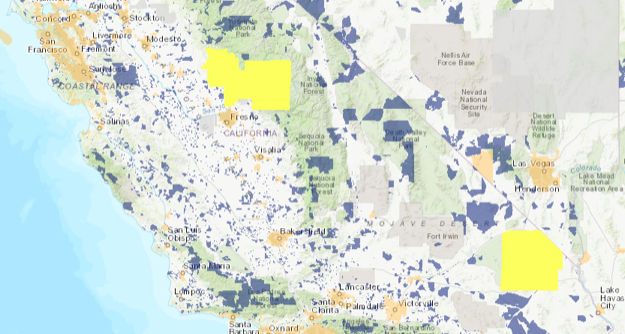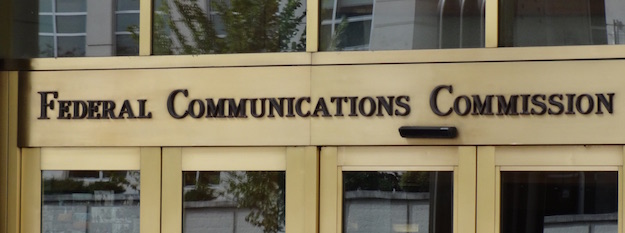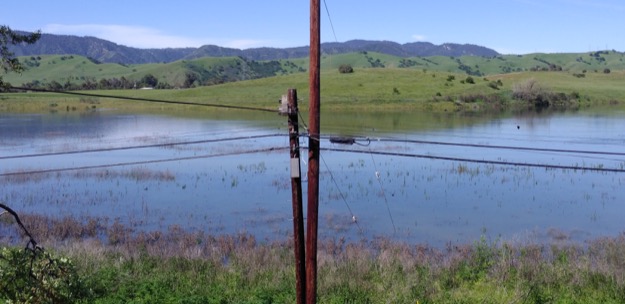SB 917 is a plausible PG&E public buyout plan, if the public wants to pay the price
![By Tim Williams from San Diego, CA, U.S.A. (Fires over the Hills) [CC BY 2.0 (https://creativecommons.org/licenses/by/2.0)], via Wikimedia Commons](https://www.tellusventure.com/images/2018/5/wildfire_powerline.jpg)
A credible PG&E public takeover plan is on the table in the California legislature. Senator Scott Wiener (D – San Francisco) introduced senate bill 917 on Monday. It’s a detailed guide to acquiring PG&E’s electric and gas business, including financing and operating plans and responsibilities.
Wiener wants to create a massive utility district that encompasses all of PG&E’s vast northern California territory. It would own most or all PG&E’s infrastructure and business, after it’s been acquired via an eminent domain process – the state would use its sovereign authority to take over ownership, with the compensation paid to the company likely determined by a court.… More





![By Joker Poker [CC BY 2.0 (https://creativecommons.org/licenses/by/2.0)], via Wikimedia Commons](https://www.tellusventure.com/images/2017/3/gambling_table.jpg)



